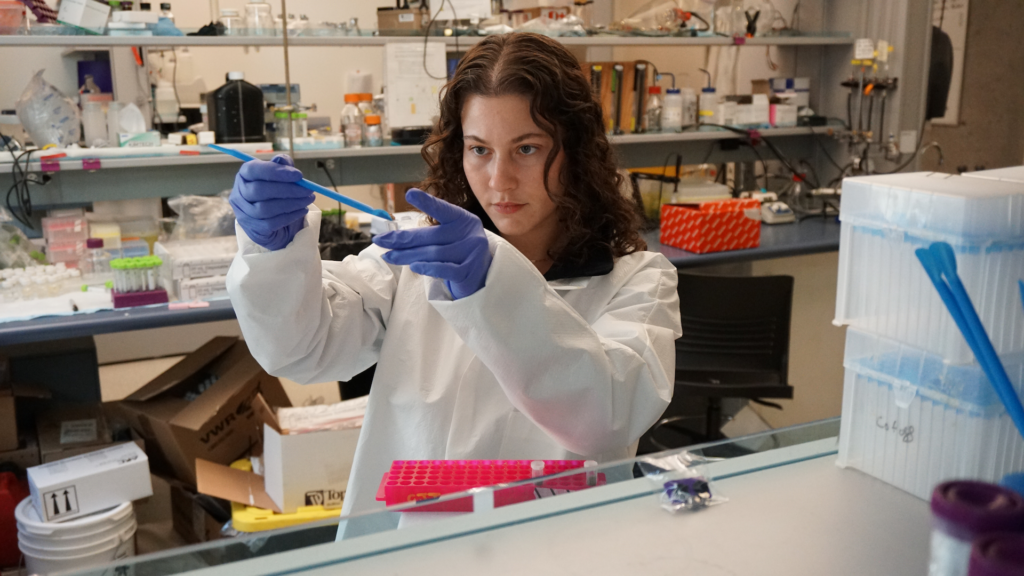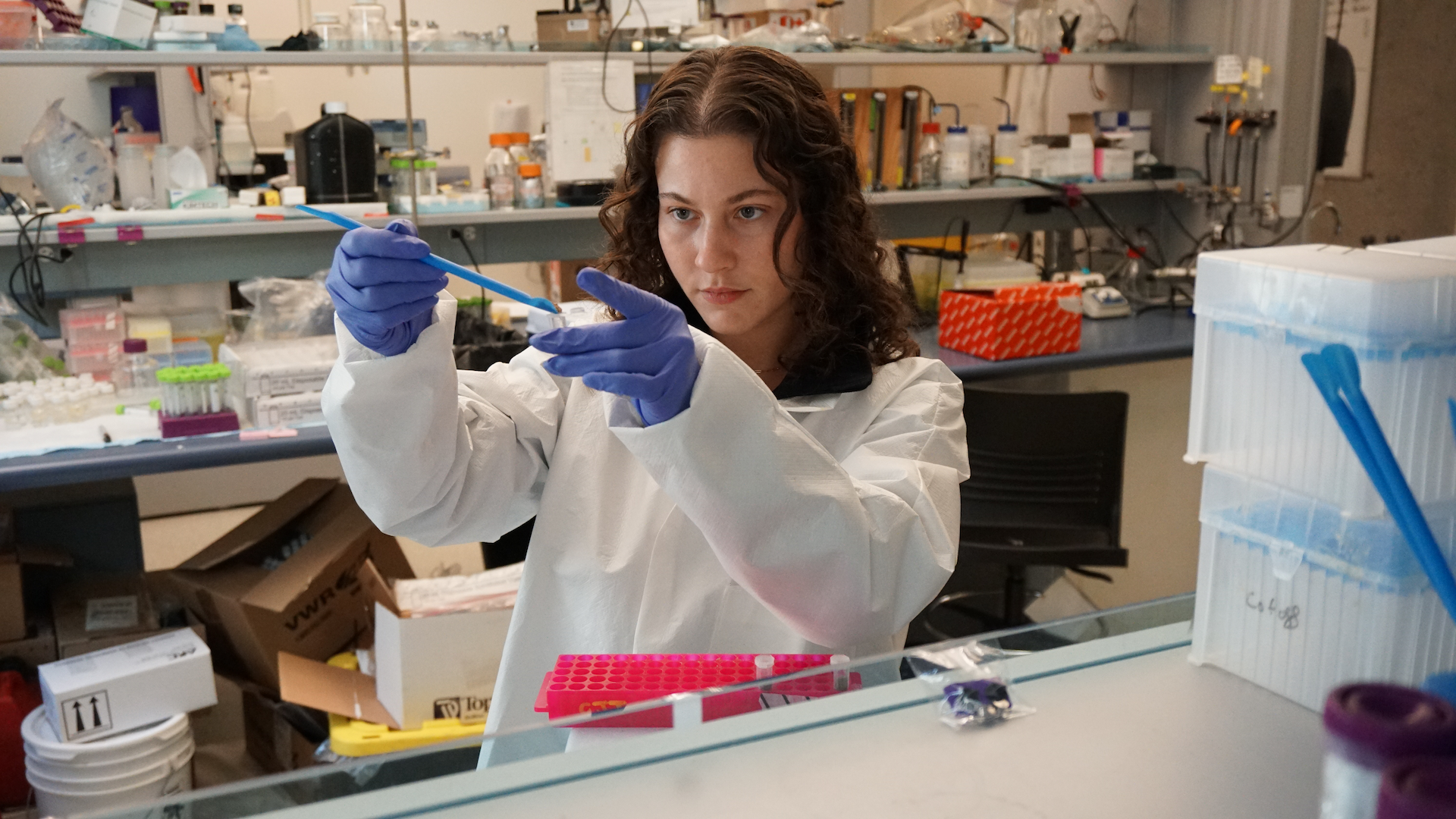-

Health care leader Tania Dick joins UBC as its first Indigenous nursing lead
Tania Dick, a member of Dzawada’enuxw First Nations of Kingcome Inlet and a renowned Indigenous health care leader, has joined UBC as its first ever Indigenous Nursing Lead.
-

Reduce ADHD with more parks, less pollution
A study conducted in Metro Vancouver finds that the more green space and less air pollution children have in their neighbourhoods, the less likely they are to develop attention-deficit/hyperactivity disorder (ADHD).
-
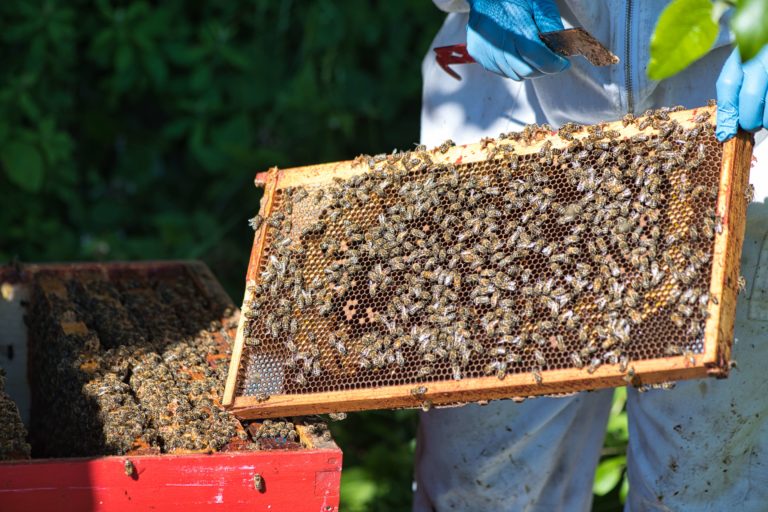
Bees are explosively ejaculating to death. A polystyrene cover could help stop it.
A simple polystyrene cover could help cool beehives during heat waves, preventing a grim outcome for male bees.
-

Male bees can’t hack extreme stress like females can
It turns out, male bees can’t hack extreme stress like females can.
-

Baby fever: UBC study finds advertising and social media can boost desire to have children
A new study from the UBC Sauder School of Business finds that viewing positive parent-child images in advertising and social media boosts empathic emotions, which in turn increases young adults desire to have children.
-

New COVID-19 study links nurses’ mental health to quality of care
Stories of stress and burnout among healthcare workers, particularly nurses, continue to make news during the COVID-19 pandemic. Now, new research shows these mental health problems could be contributing to decreased quality of patient care.
-

Investigating the ‘skunk’ smell and other emissions caused by cannabis production
What exactly causes that ‘skunky’ odour emitted by cannabis production facilities, and what do these emissions mean for air quality, workers, and the general public?
-
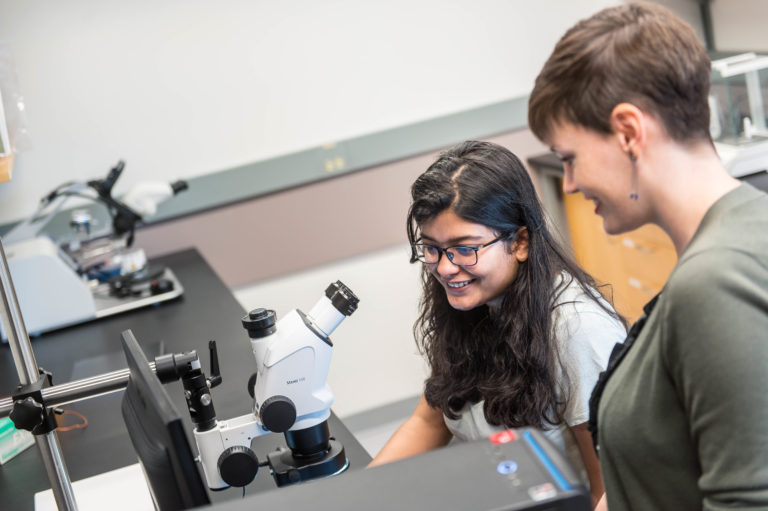
How UBC women in STEM are supporting each other to succeed
Role models for women in Science, Tech, Engineering and Medicine (STEM) are important: 2010 statistics in Canada show women made up just 44 per cent of first-year STEM students aged 19 and under in undergraduate degree programs.
-
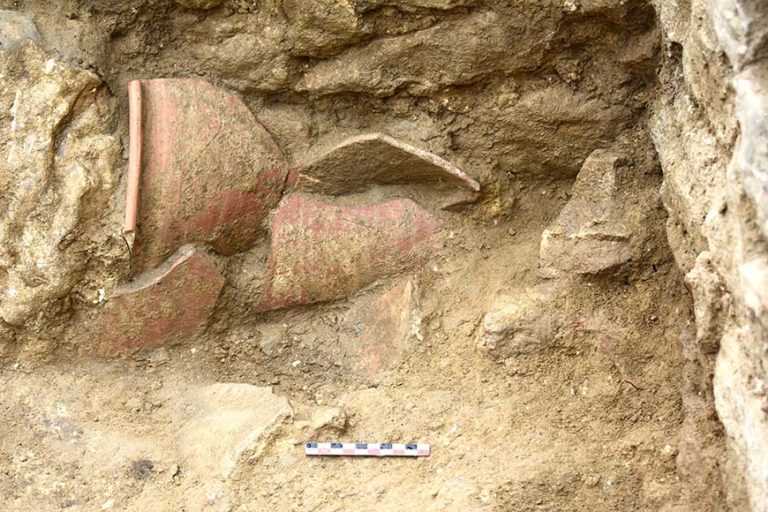
Identifying the portable toilets of the ancient Roman world
New research published today in the Journal of Archaeological Science Reports reveals how archaeologists can determine when a pot was used by Romans as a portable toilet, known as a chamber pot.
